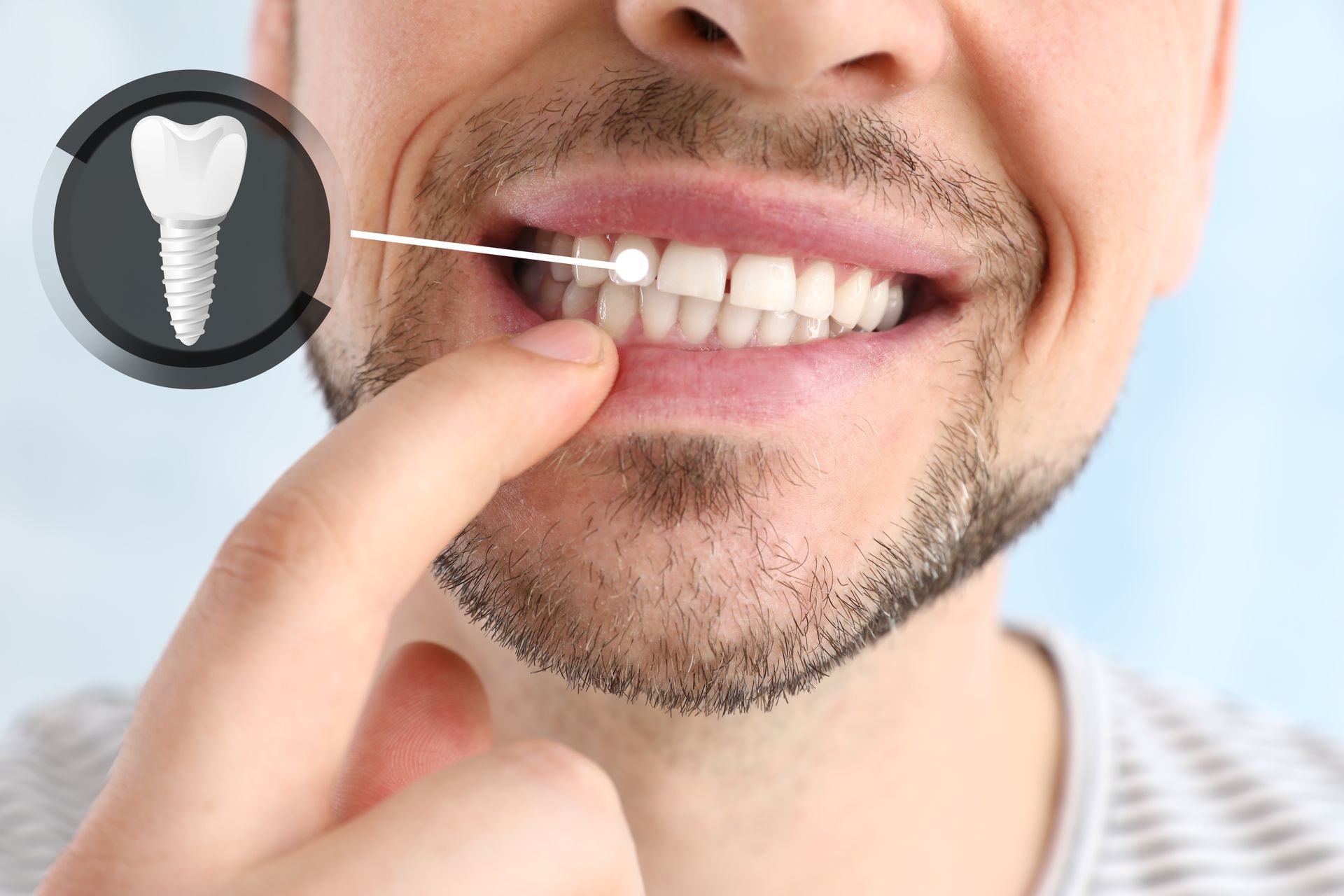Help Kids Overcome Fear of the Dentist
At Aria Dental of Annapolis, we understand that many children feel scared when it comes to visiting the dentist. This fear, known as dental anxiety, can make it challenging for kids to get the dental care they need. Dental anxiety can stem from various factors such as the unfamiliar environment, the sound of dental tools, or a previous negative experience. Recognizing and addressing these fears early is crucial for ensuring that your child maintains good oral health.
When children are anxious about dental visits, it can affect their overall well-being. They might refuse to go to the dentist, leading to problems with their teeth and gums over time. Additionally, this fear can make dental procedures more difficult for both the child and the dentist. The good news is that there are practical strategies parents can use to help their children feel more comfortable and overcome their dental anxiety. By providing reassurance and creating a positive association with dental care, we can make a significant difference in your child's dental experience.
In this article, we will share practical tips to help ease your child's fear of the dentist, create a positive dental experience at home, and explain how our dental office is specially designed to support anxious children. Our goal is to ensure that every child in Annapolis feels safe and comfortable during their dental visits, setting the foundation for a lifetime of good oral health.
Understanding Your Child's Fear of the Dentist
Many children experience fear when visiting the dentist. This fear can be caused by several factors. One common reason is the unfamiliar environment. The bright lights, strange sounds, and dental instruments can be intimidating for a child. Additionally, a previous negative experience, such as a painful procedure, can make a child anxious about future visits. It’s essential to recognize these causes so we can address them effectively.
Dental anxiety in children can have significant effects. When a child is scared to visit the dentist, it often leads to avoidance, which can result in poor oral health. Fearful children might refuse treatment, making it challenging for us to provide the necessary care. This anxiety can also cause stress for the parents, who want the best for their child's dental health. Understanding these impacts highlights the need for strategies to help kids feel more comfortable.
Practical Tips to Make Dental Visits Easier
Explaining a dentist visit to your child is a helpful first step. We recommend using simple, reassuring language to describe what will happen. For example, you can tell your child that the dentist is a friend who helps keep their teeth clean and healthy. Avoid using words that might trigger fear, like “pain” or “hurt.” Instead, focus on the positive aspects of the visit, such as choosing a new toothbrush or getting a prize.
Role-playing and familiarization techniques can also be effective. At home, you can play pretend dentist with your child, taking turns being the dentist and the patient. This can help your child become more comfortable with the idea of a dental visit. Showing your child pictures of the dental office or watching videos designed for kids about dental visits can also make the experience feel more familiar and less intimidating.
Bringing comfort items to the appointment can significantly ease your child's anxiety. Allow your child to bring their favorite toy, blanket, or even a music playlist they like. These items can provide a sense of security and comfort. Arriving early to your appointment can also help your child acclimate to the environment, reducing their stress.
By implementing these practical tips, we aim to make each dental visit a positive experience for your child, setting the foundation for a lifetime of good oral health.
Creating a Positive Dental Experience at Home
Encouraging good oral hygiene habits at home is essential for making dental visits less intimidating. When children become familiar with brushing and flossing daily, they develop a routine that emphasizes the importance of taking care of their teeth. We suggest making brushing a fun activity by using colorful toothbrushes and toothpaste flavors that your child enjoys. Setting a consistent time each day for brushing, such as after breakfast and before bedtime, helps build a predictable routine.
To make brushing more enjoyable, you can incorporate fun activities and tools. For example, use a timer or play a two-minute song to ensure they brush for the right amount of time. Interactive apps and stories about dental care can also make the process engaging. By rewarding your child with stickers or small rewards for maintaining good oral hygiene, you can motivate them to keep up the habit. Creating a positive atmosphere around dental care at home lays the groundwork for a less fearful experience at the dentist's office.
How Our Dental Office Can Help
At Aria Dental of Annapolis, we take specialized approaches to treat anxious children, ensuring their dental visits are as stress-free as possible. Our team is trained to recognize and handle dental anxiety with patience and compassion. We use calming techniques and gentle communication to explain each step of the visit to your child. This transparency helps to alleviate their fears and build trust in our dental care.
We strive to create a child-friendly environment in our office. Our waiting area is equipped with toys, books, and games to keep children entertained and relaxed before their appointment. During the visit, we offer distractions like videos or music to help children feel more comfortable. Additionally, we use child-sized dental instruments to make procedures less intimidating. By fostering a welcoming and safe space, we aim to make every child’s experience positive and reassuring.
Conclusion
Overcoming a child’s fear of the dentist is a journey that involves understanding, preparation, and a supportive environment. At Aria Dental of Annapolis, we are dedicated to helping your child feel at ease during their dental visits. By using practical tips to make appointments easier, creating a positive dental experience at home, and leveraging our specialized approaches, we strive to ensure that every child receives the dental care they need without fear or anxiety.
If you have concerns about your child’s dental health or would like to learn more about how we can help ease their fears, please reach out to our
Annapolis dental clinic. Schedule an appointment with Aria Dental of Annapolis today, and let us work together to keep your child's smile healthy and bright.



Website designed and maintained by Energize Group
Aria Dental of Annapolis

